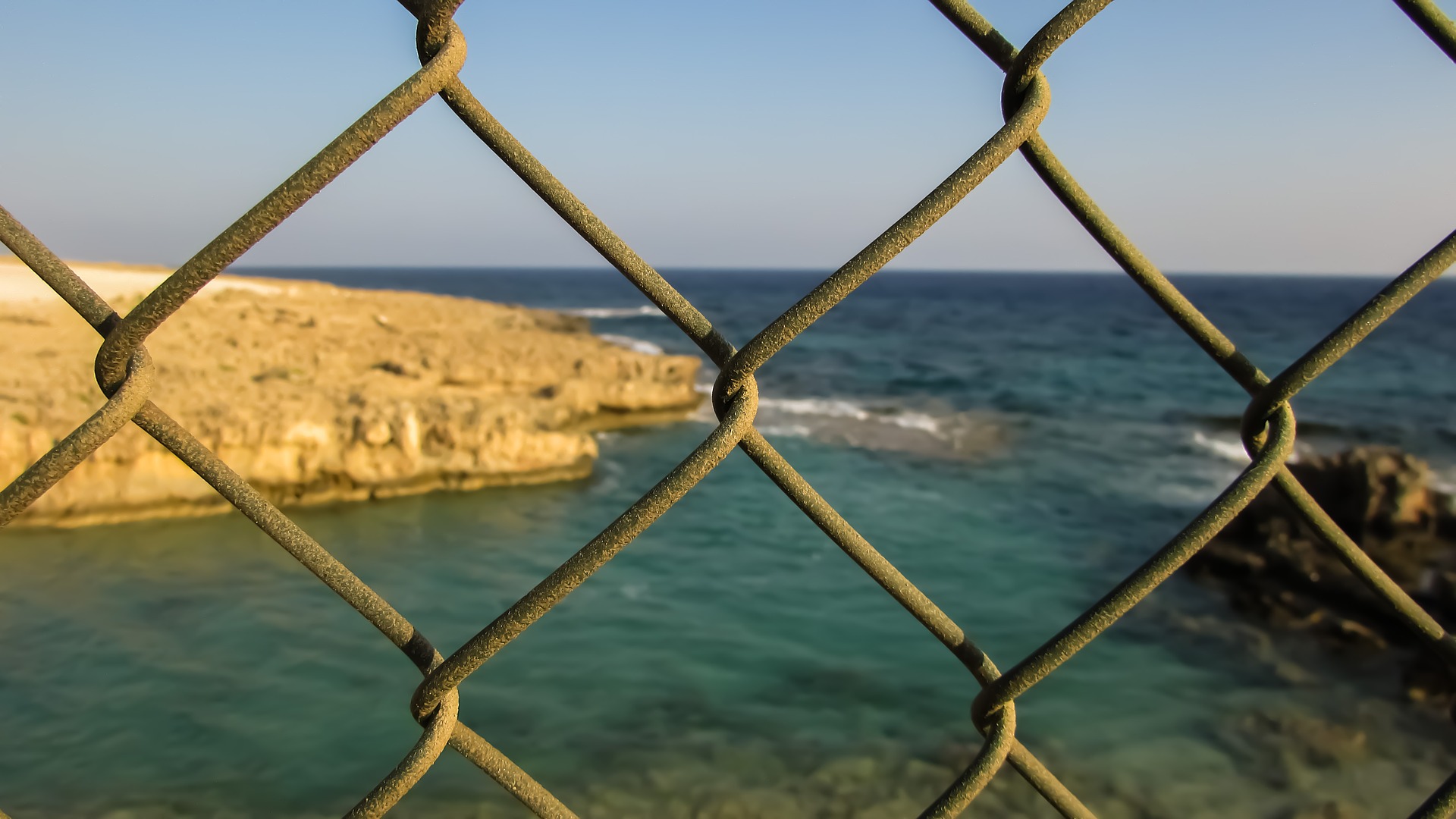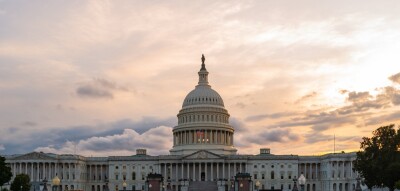Law enforcement departments are already making use of drones to help them on different mission types, but laws revolving privacy and safety of a drone’s usage are still a concern of many, especially the public.
In January 2017, The Los Angeles County Sheriff's Department announced they will be using a drone to help search and rescue operations, bomb detection, hazardous material spills and hostage situations. After protests from the Drone-Free LASD/No Drones, LA! Campaign to prohibit the use of this drone, the Los Angeles County Board of Supervisors has decided to take action. Supervisor Hilda Solis requested that the Inspector General's office work with the county's Civilian Oversight Commission, to provide the public with transparency on what the drone program is.
Hilda said: "In such circumstances, these devices can greatly aid law enforcement in protecting the public and deputies and their use deserves strong support. However, past experience has led to valid concern that the devices, sometimes called drones, can be used for more controversial purposes. Drones have been used to carry weapons by the military and so even the name is a matter of debate. Flying cameras, whether remotely controlled or not, have in the past been used for warrantless surveillance and sometimes without notice to the public."
The Stop LAPD Spying Coalition has been able to stop the Los Angeles Police Department from acquiring drones. Hamid Khan, a member of the Coalition said: "We believe the deployment of drones signify a giant step forward in the militarization of local law enforcement that is normalizing continued surveillance and violations of human rights of our communities."
Other groups, such as the American Civil Liberties Union, support this way of thinking, adding that drones can cause unprecedented invasions of the public’s privacy by using advanced technology that can gather more information than necessary.
LA Sheriff Jim McDonnell said: "We are continuing to raise the bar as a leader in law enforcement and always looking for ways to do the job better. This technology can assist us in reducing the impact of risks on personnel and allow us to perform operations to enhance public safety.”
McDonell also said this drone has been approved by the FAA, adding: “We will not be using it to spy on the public. The public will be able to easily identify the unmanned aircraft when it is deployed. It is clearly and brightly marked."
Just like the LA County Sheriff’s Department, other departments are already using drones, or working hard on deploying one on the field. However, some are less keen on getting a drone right away, as privacy rules are yet to be discussed.
Groton City Police Chief Thomas Davoren said the rules change so quickly that investing on a drone right now would be hard, even though he thinks it is a good addition. Stonington police Capt. Todd Olson and Ledyard police Lt. Ken Creutz don’t plan on using drones before a policy is set.
Groton Town Police Chief Louis J. Fusaro Jr says drones are a more affordable solution than helicopters, but his department hasn’t discussed the acquisition of one as the technology is relatively new and privacy, as well as safety, are still a concern.
In Portsmouth, New Hampshire, House Bill 97 was introduced, prohibiting drones to operate less than 250 feet over private property without the owner’s consent, to be equipped with weapons, and forcing every drone to be identified with the owner’s info.
In Connecticut, ACLU’s Connecticut Chapter Executive Director David McGuire has been working on obtaining an approval for the legislation so Police Departments can use drones, “but to use it appropriately without violating people’s privacy”, as McGuire said.
Last year, a bill, to ban the use of weaponized drones; make police get a warrant to collect footage except during certain emergencies; and give police-related organizations just more than a year to provide recommendations for policy regarding the retention of data collected by drones, failed to be approved.
McGuire thinks the public should be louder about the legislation, because without meaningful rules, it is impossible to know where the lines are. But are drones the only subject of concern?
People seem to forget what they are surrounded by, but drones being a physical, visible and moving object are easier to point fingers at. What about CCTV cameras? And satellites? Although the public tends to forget these, it is something various industry experts have discussed, just as Industrial Skyworks Inc. President & CEO Michael Cohen mentioned last year at an industry event.
What’s scarier? A drone flying near your house in London, United Kingdom, or the thousands of CCTV cameras spread across the city?
We need rules to keep everyone’s privacy safe, and even though drones are big in the news, they’re not the only topic we should be focusing on as other technologies might represent an even greater problem.
















Comments